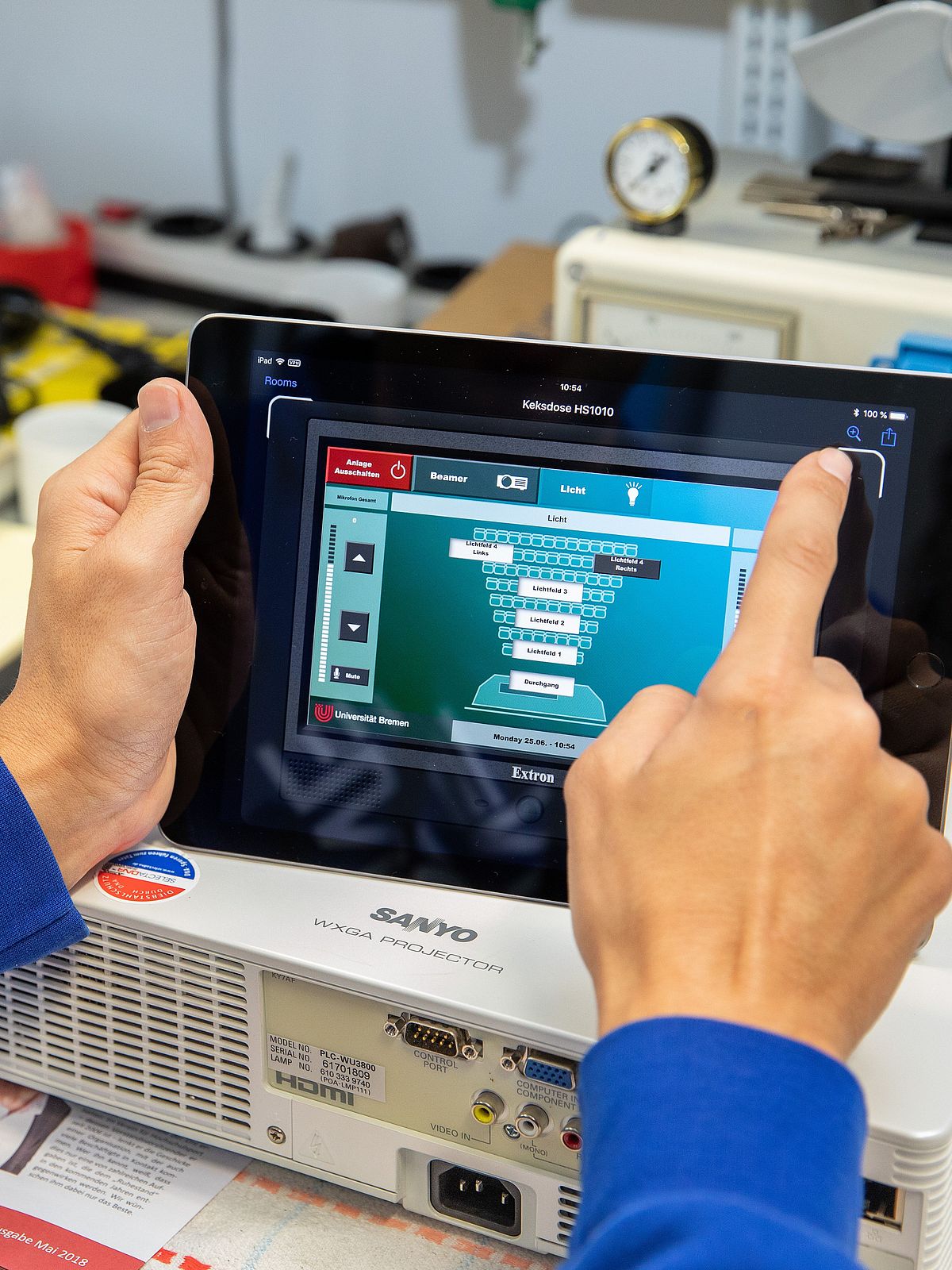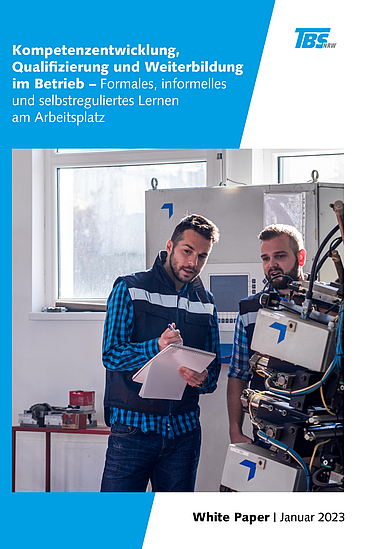Research in organizational psychology on work-related learning usually focuses on the perspective of companies. However, since co-determination and co-design of learning by employees also play an important role in competence development and further training, Dr. Julian Decius, together with Michael Gensler from Technologieberatungsstelle (TBS) NRW, has published a whitepaper (in German) aimed in particular at works councils in companies. The whitepaper discusses the three basic learning forms of formal, self-regulated and informal learning in the workplace, learning barriers and conducive conditions, as well as "agile" and "new" learning. In addition, concrete options of action for interest groups in organizations are presented.
Field of work Organizational Psychology

© Lukas Klose
Dr. Julian Decius
Contact:
WiWi1, Room A2390
Enrique-Schmidt-Str. 1
28359 Bremen
Phone: +49 421 218 66590
E-mail:
julian.deciusprotect me ?!uni-bremenprotect me ?!.de

© Alasdair Jardine/Universität Bremen
New Work requires New Learning
This topic is dedicated to the question of how employees in dynamic work environments can be empowered to learn "what they really, really want" in a self-directed way. The "Learning Opportunities Perception Potential", which helps employees to grasp learning opportunities, is considered crucial here.






